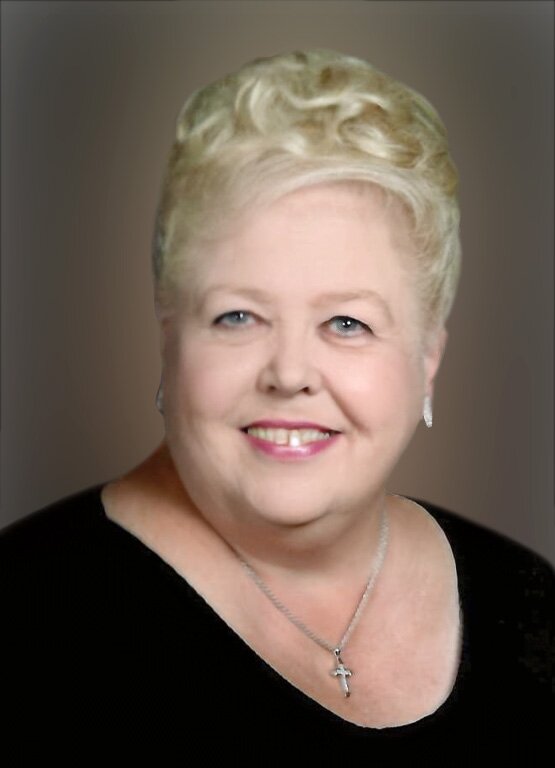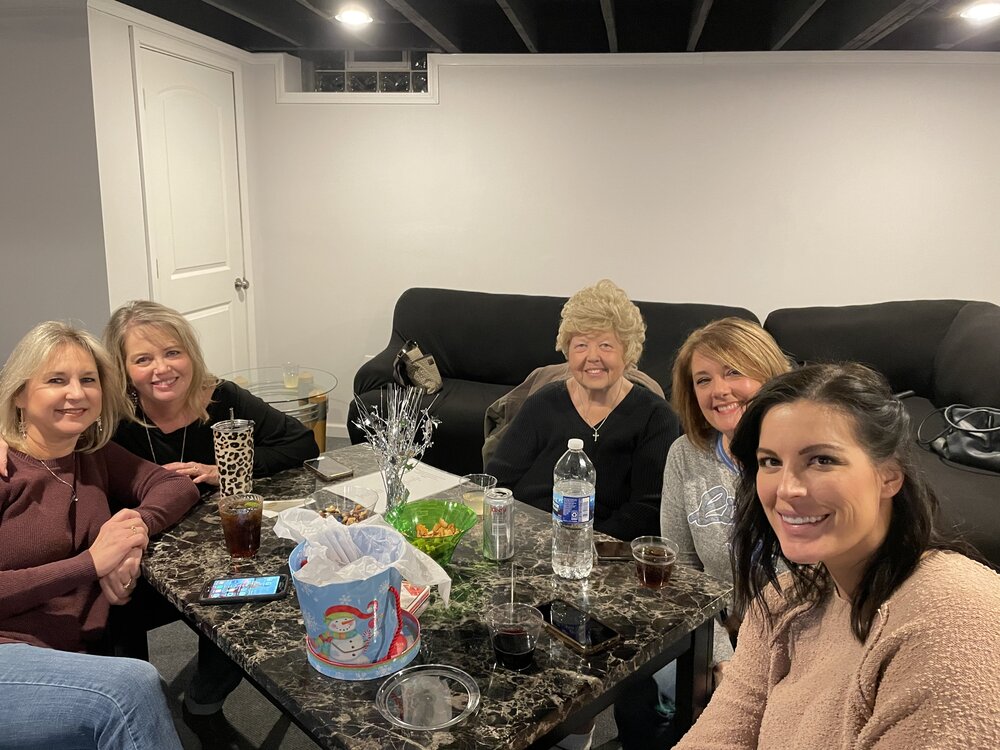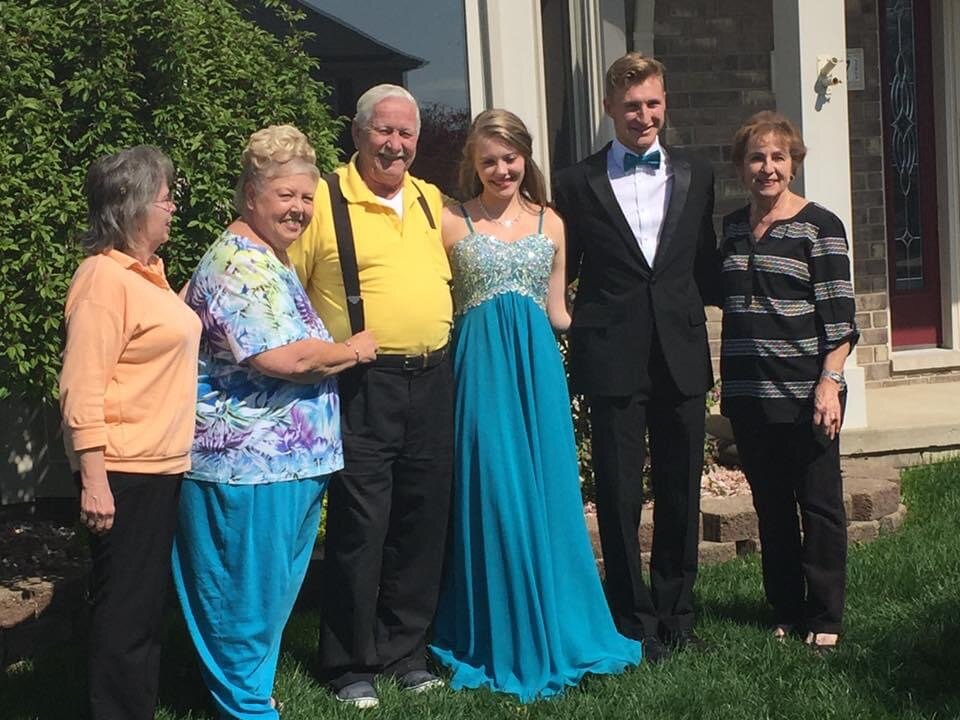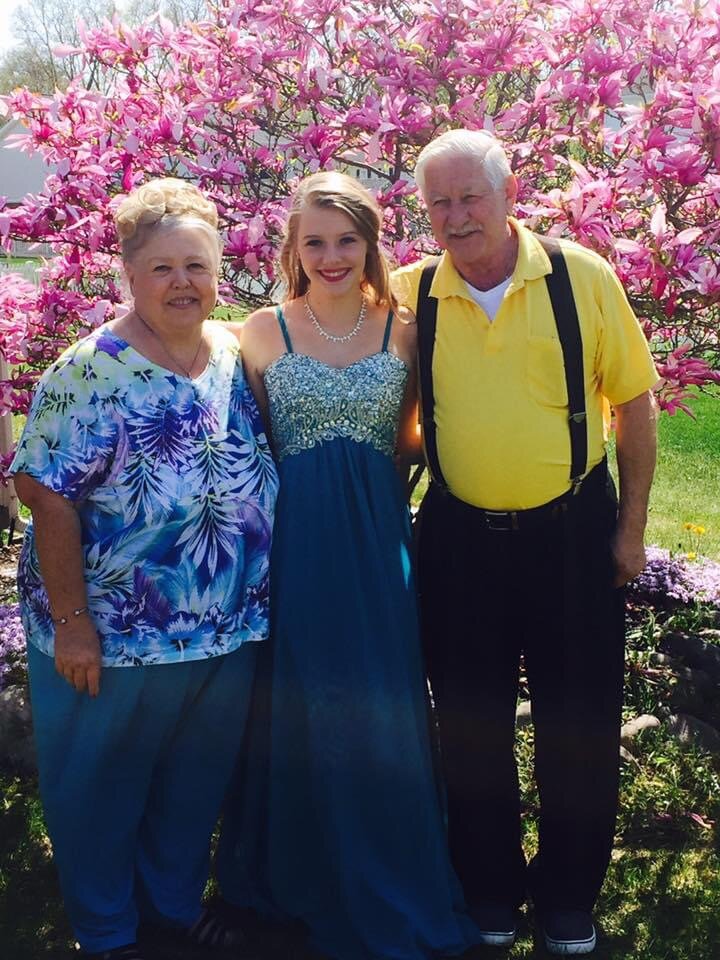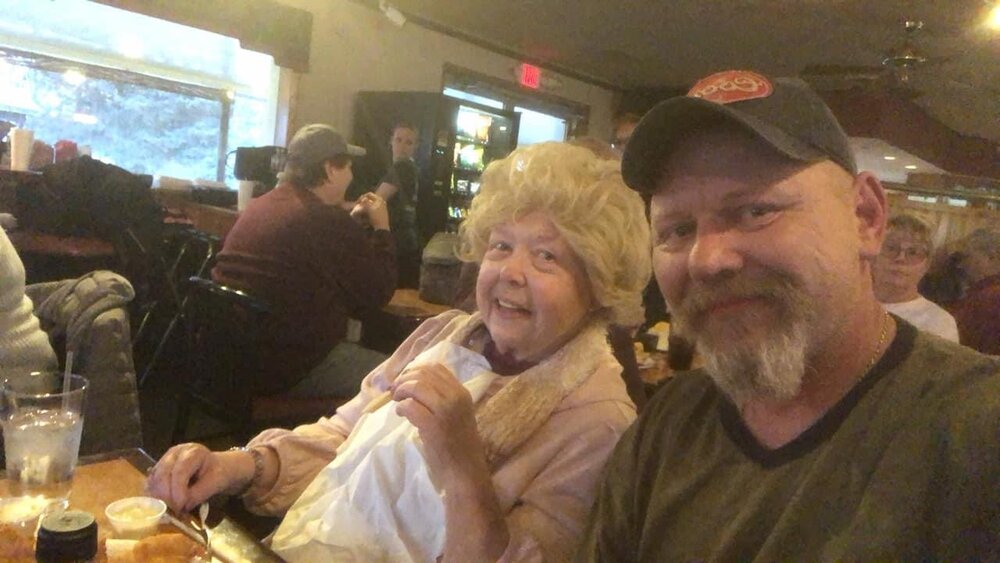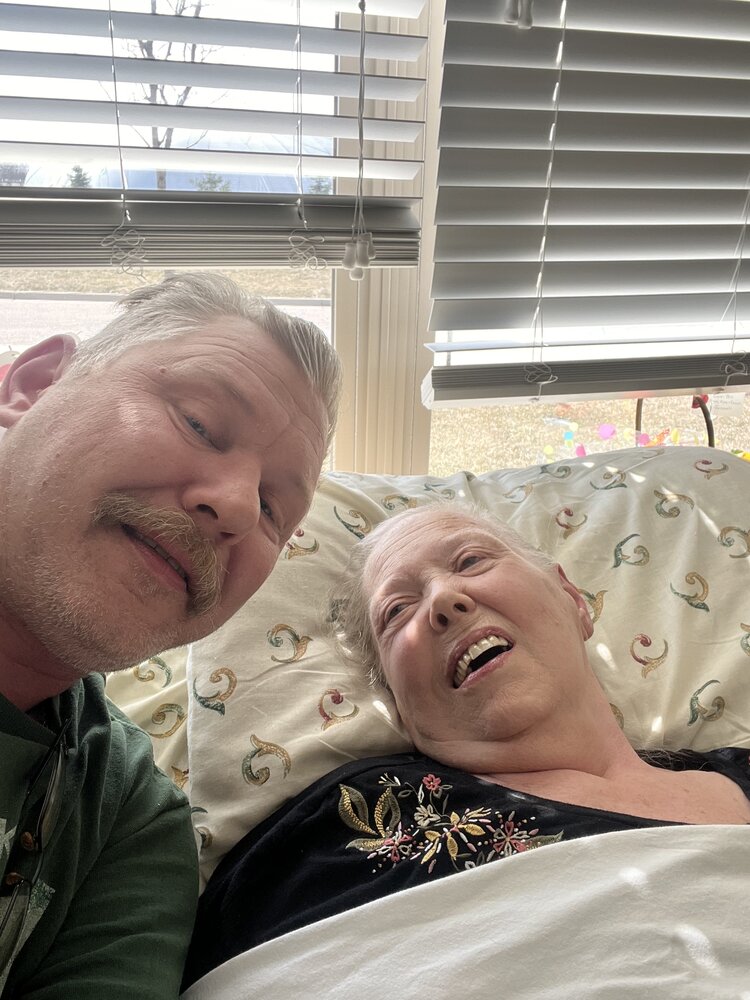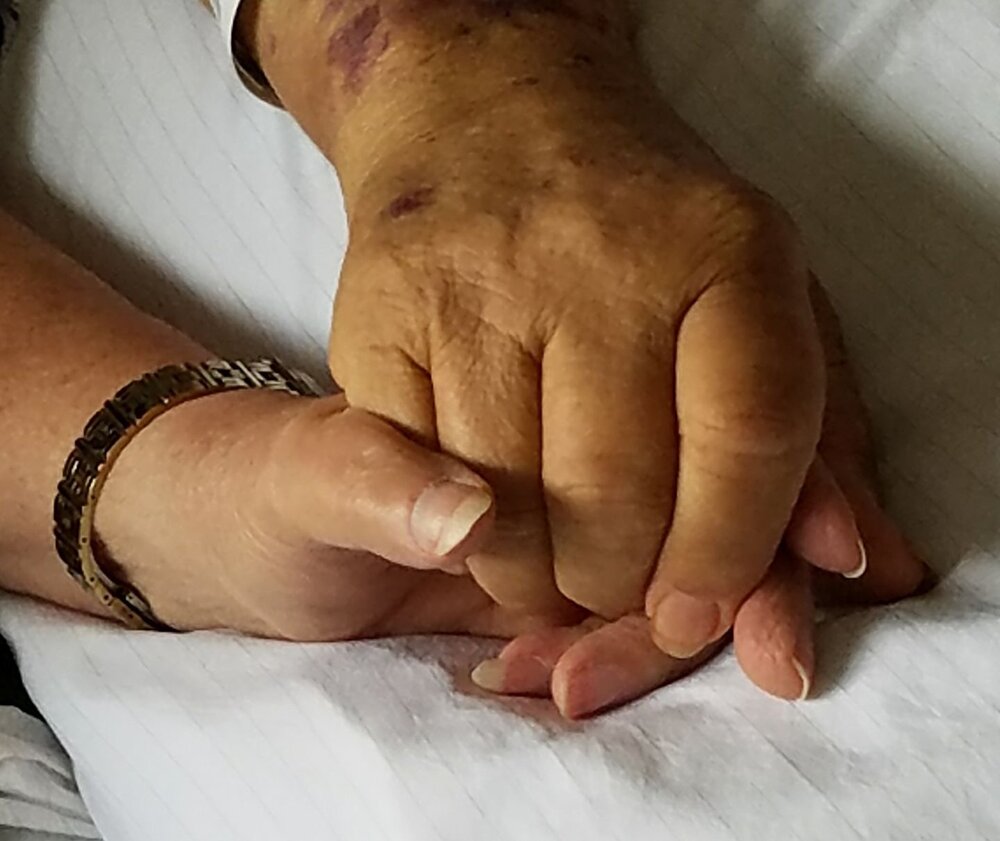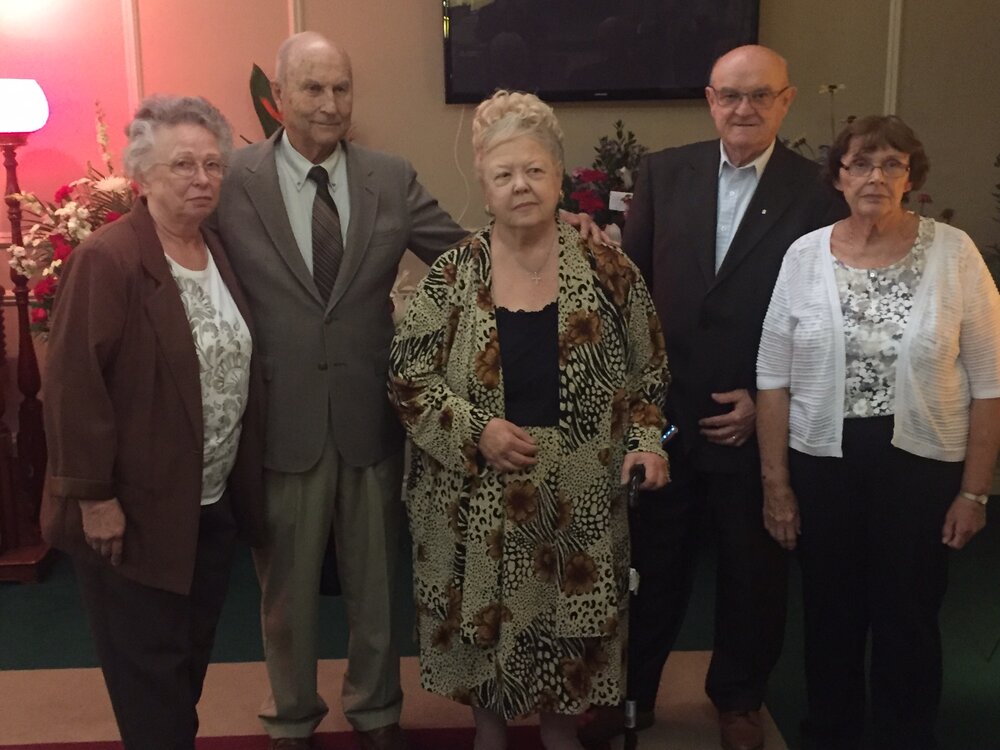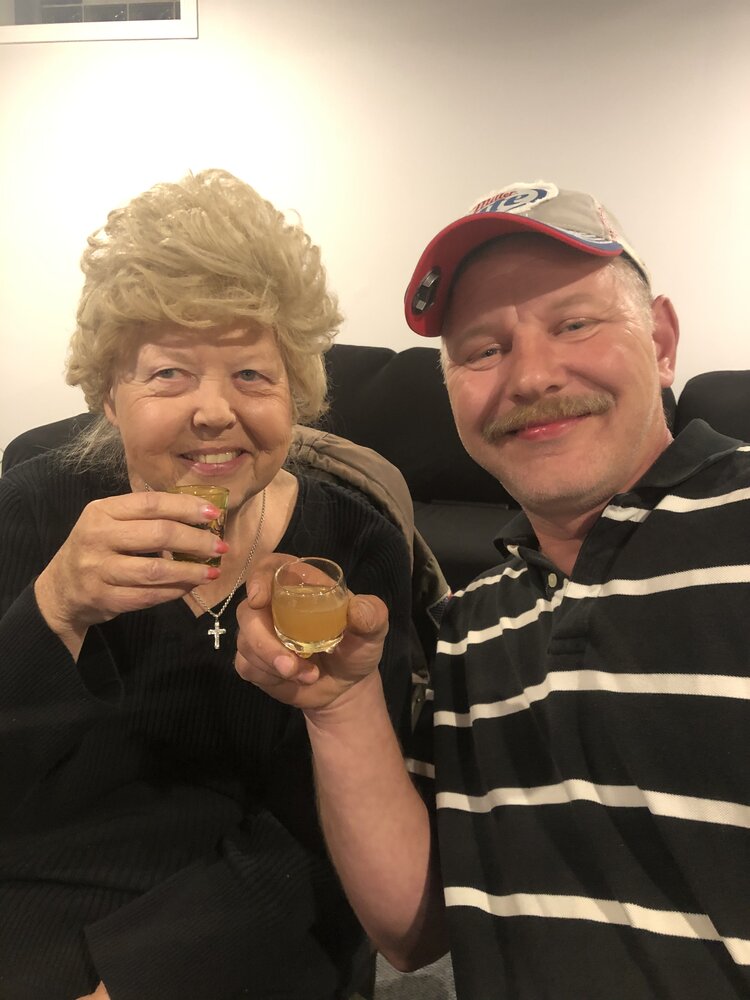Saturday, April 8, 2023
I am not resigned to the shutting away of loving hearts in the hard ground.
So it is, and so it will be, for so it has been, time out of mind:
Into the darkness they go, the wise and the lovely. Crowned
With lilies and with laurel they go; but I am not resigned.
Lovers and thinkers, into the earth with you.
Be one with the dull, the indiscriminate dust.
A fragment of what you felt, of what you knew,
A formula, a phrase remains—but the best is lost.
The answers quick and keen, the honest look, the laughter, the love—
They are gone. They are gone to feed the roses. Elegant and curled
Is the blossom. Fragrant is the blossom. I know. But I do not approve.
More precious was the light in your eyes than all the roses in the world.
Down, down, down into the darkness of the grave
Gently they go, the beautiful, the tender, the kind;
Quietly they go, the intelligent, the witty, the brave.
I know. But I do not approve. And I am not resigned.
—Edna St. Vincent Millay
It’s never easy to lose a loved one, a member of the family. I have nine cousins: six on my dad’s side—the Goszczynski family—and three on my mother’s side. Joan is the second of our generation to pass, a reminder of our mortality, like those of us of a certain age need one. There will be others, and one day it will be my turn. But today I grieve Joan’s loss.
If I may digress for a moment, my dad was, to me, what a lamppost is to a drunk: often lending support; other times lighting my way. But Joan? Words often fail me. But I hope I won’t fail her.
Joan was born into this world, like all of us, kicking and screaming. Life is a long ride for many, sometimes dark, at other times bright and shiny. But is it ever truly long enough? Does anyone really know what time it is?
We are, most of us, many things to many people throughout our lives. We seek meaning, a purpose, to connect, to love and to be loved, and Joan was certainly no different.
She was, first, a daughter and a sister. She later became a teacher, a mentor to her students. Still later, a wife and a mother. And finally, perhaps too soon, a grandmother. She referred to me as her favorite cousin, even though she didn’t always get my sense of humor, but to me she was like a sister. A kinder, gentler woman I’ve never known. But she was much more.
Estranged from my Uncle Ed at a young age, I never knew him in my youth, and I knew Joan only as a distant cousin, an English teacher at my alma mater, as “Miss Goszczynski,” as the students pronounced it. She introduced herself and her father to me at a high school play in which I played a bit part. It was, like the two scenes in which I appeared, a brief meeting, and it was many years before I saw them again—at the hospice in which my dad lay, awaiting death. By then she was a grandmother.
Joan then drew me into her family, sharing her dad with me, the uncle I never knew. A man who answered some of my questions but raised many others. Joan introduced me to her husband, her children, her, at that time, lone grandchild. She and John attended my second wedding and without hesitation welcomed into the family my new wife.
As she grew more ill, we shared long phone conversations, many times draining the battery on my cell phone. She often spoke of her life as a daughter and a sister, as a teacher, a wife, a mother and mother-in-law, as a grandmother. She shared her disappointments, and spoke of her father, and mother who I never met, of her children, her grandchildren, all of whom she is proud, of the loss of her husband, and of her failing health. I offered what few wisdoms I could, which she graciously accepted, and at the end of each call, she promised to let me do most of the talking during the next one; but always, she dominated our conversations, and I was okay with that. She seemed to need to talk. Maybe, to her I’d become a sort of lamppost.
Mark Twain wrote, “Everyone is a moon, and has a dark side which he never shows to anybody.” Twain never met Joan. At worst, Joan may have had a crepuscular side as even the best of us have. I find dusk appealing.
During the final year of her life, Joan could quote Shakespeare but asked me last Thanksgiving if I’d met her two oldest granddaughters. A painful moment for me, one I will never forget. Her affliction also tried the patience of her children, grandchildren, and son and daughter-in-law, but they cared for her as best they could.
Life is precious, but it’s also cruel, made crueler still by its brevity and by the means it is lost. It’s up to us to find the joy, or to create it.
But as I grieve her loss this day, I celebrate her life and how she connected with me, how she touched me and those around her. I choose to remember her as she was in life: vibrant, caring, giving. Loving.
So grieve for her loss. It is normal to grieve, natural, and healthy. Maybe it’s one of God’s reasons for giving us memory: So we could have roses in winter, and loved ones forever.
In closing, I’d like to share the eloquent words of Merrit Malloy, her poem, Epitaph.
When I die
give what’s left of me away
to children
and old men that wait to die.
And if you need to cry,
cry for your brother
walking the street beside you.
And when you need me,
put your arms
around anyone
and give them
what you need to give to me.
I want to leave you something,
something better
than words
or sounds.
Look for me
in the people I’ve known
or loved,
and if you cannot give me away,
at least let me live on in your eyes
and not your mind.
You can love me most
by letting
hands touch hands,
by letting bodies touch bodies,
and by letting go
of children
that need to be free.
Love doesn’t die,
people do.
So, when all that’s left of me
is love,
give me away.

